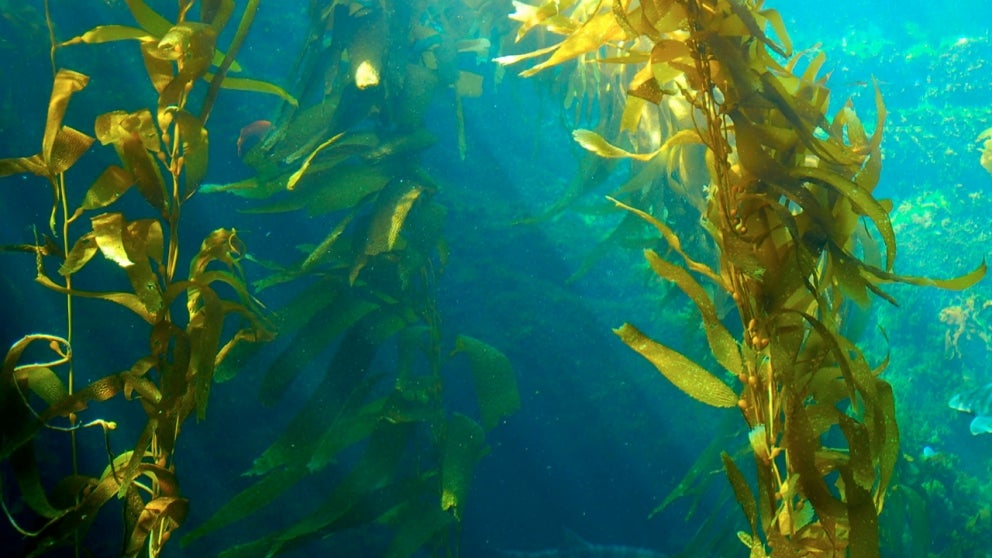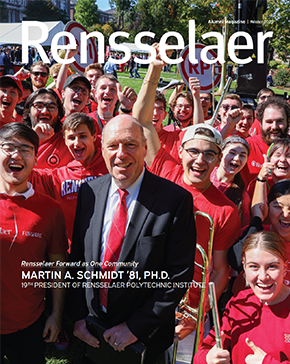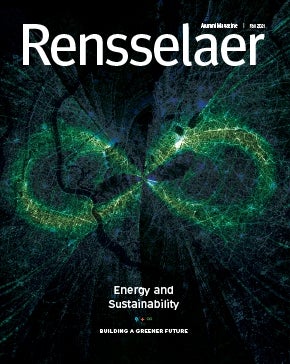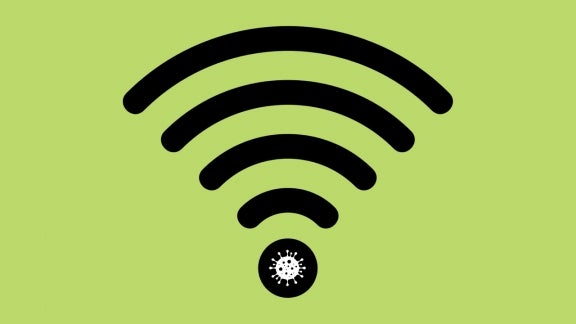
In Cell Studies, Seaweed Extract Outperforms Remdesivir in Blocking COVID-19 Virus

In a test of antiviral effectiveness against SARS-CoV-2, the virus that causes COVID-19, an extract from edible seaweeds substantially outperformed remdesivir, the current standard antiviral used to treat the disease. Heparin, a common blood thinner, and a heparin variant stripped of its anticoagulant properties, performed on par with remdesivir in inhibiting infection in mammalian cells.
The research is the latest example of a decoy strategy researchers from the Center for Biotechnology and Interdisciplinary Studies (CBIS) are developing against viruses like the novel coronavirus that spawned the current global health crisis.
The spike protein on the surface of SARS-CoV-2 latches onto the ACE-2 receptor, a molecule on the surface of human cells. Once secured, the virus inserts its own genetic material into the cell, hijacking the cellular machinery to produce replica viruses. But the virus could just as easily be persuaded to lock onto a decoy molecule that offers a similar fit. The neutralized virus would be trapped and eventually degrade naturally.
Previous research has shown this decoy technique works in trapping other viruses, including dengue, Zika, and influenza A.
“We’re learning how to block viral infection, and that is knowledge we are going to need if we want to rapidly confront pandemics,” says Jonathan Dordick, the lead researcher and professor of chemical and biological engineering. “To protect ourselves against future pandemics, we are going to need an arsenal of approaches that we can quickly adapt to emerging viruses.”
“What interests us is a new way of getting at infection,” says Robert Linhardt, professor of biocatalysis and metabolic engineering, who has been collaborating with Dordick to develop the decoy strategy. “If you could simply treat the infection early, or even treat before you have the infection, you would have a way of blocking it before it enters the body.”















